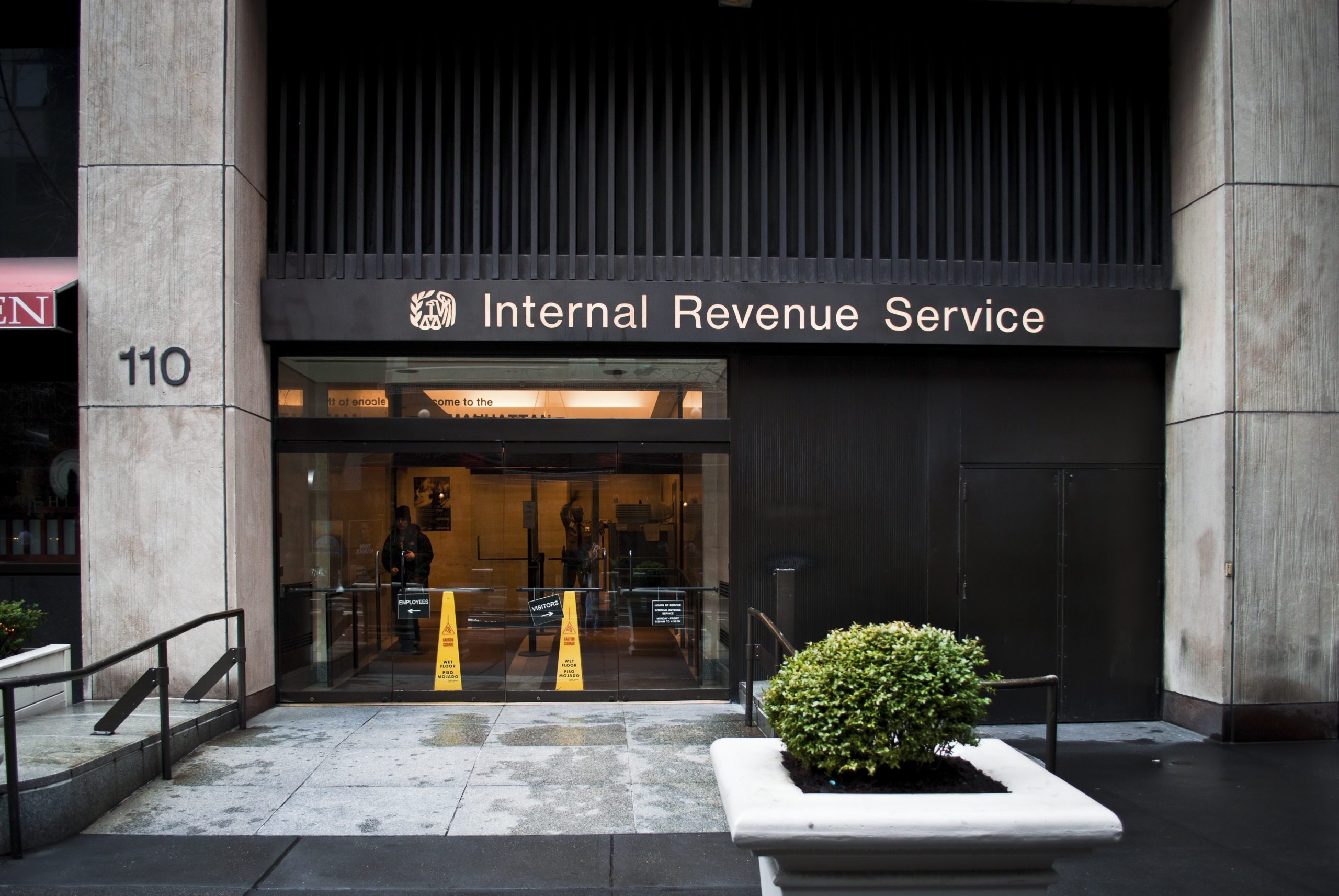Protection and Anonymity
People who want to blow the whistle can submit their information by hiring an attorney to represent them. Together, they will work with their attorney to organize a claim by completing IRS Form 211, attaching any relevant documents in their possession, and then sending the form to the IRS Whistleblower Office. Over the course of the investigation, the whistleblower’s identity will remain protected since the authorities will not reveal any identifying information such as their name, age, gender, or job position, except under very limited circumstances.
IRS Whistleblower Reward Provision
 If the taxes, interests, and penalties exceed $2 million, the whistleblower is entitled to a payment of 15-30% of the amount collected by the IRS. The information provided by whistleblowers must be confidential, meaning that it is not commonly accessible or available in public records. Another factor that increases the amount of reward provided is how long it took the plaintiff to approach the government about the alleged illegal scheme. Also, more detailed submissions to the IRS that contain thorough legal and technical analysis of taxpayer records may help to secure a larger award.
If the taxes, interests, and penalties exceed $2 million, the whistleblower is entitled to a payment of 15-30% of the amount collected by the IRS. The information provided by whistleblowers must be confidential, meaning that it is not commonly accessible or available in public records. Another factor that increases the amount of reward provided is how long it took the plaintiff to approach the government about the alleged illegal scheme. Also, more detailed submissions to the IRS that contain thorough legal and technical analysis of taxpayer records may help to secure a larger award.
Tax Fraud Examples
- Underreporting or omitting income from tax statements
- Lying about the amount of eligible tax deductions
- Falsifying accounting books and records
- Hiding or transferring assets or income
The invaluable help provided by whistleblowers
To date, the IRS Whistleblower Office has awarded over $1 billion to whistleblowers, over $86 million of which have been paid in fiscal year 2020 alone. Every year the government recovers hundreds of billions in uncollected corporate taxes thanks to the help of anonymous tips. Usually, most of the information about the companies involved cannot be disclosed to protect the relator’s identity. In September 2012, however, Bradley Birkenfeld has been awarded $104 million for his role in exposing how UBS helped its clients conceal money in Swiss tax shelters.
How to report fraud under the IRS Whistleblower Program
Any individual who discovers tax fraud may file a case with the IRS. Whistleblowers do not have to be citizens and do not have to be employees of the company they are reporting. Cases must be submitted as early as possible due to the statute of limitations, which can be as short as three years. If you or someone you know possess valuable information on a company or individual cheating on their taxes, you should contact a whistleblower attorney immediately.
Submissions must be accompanied by evidence including financial data, a description of the company’s assets, copies of books and records, transaction documents, the location of bank accounts, or even the personal addresses and employment history of the persons involved in the alleged scheme.
Take the First Step
If you are unsure whether you have a whistleblower case, you should still contact an attorney as soon as possible because Statute of Limitations laws may prevent you from filing a case if too much time has passed. Your first consultation is free and totally confidential. Call us now at 1-800-681-3228, or file a form by clicking the button below.

